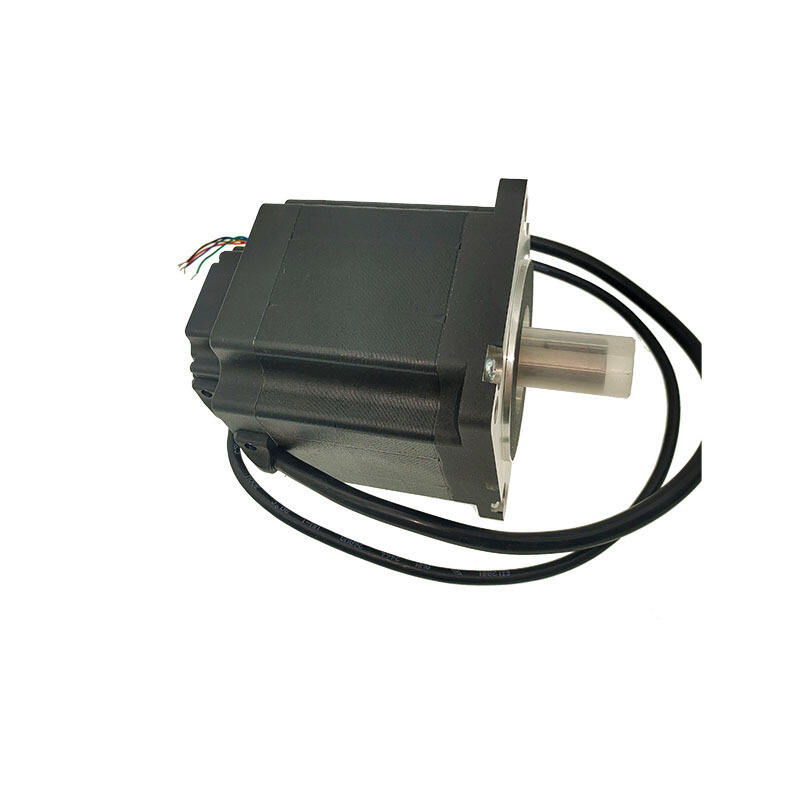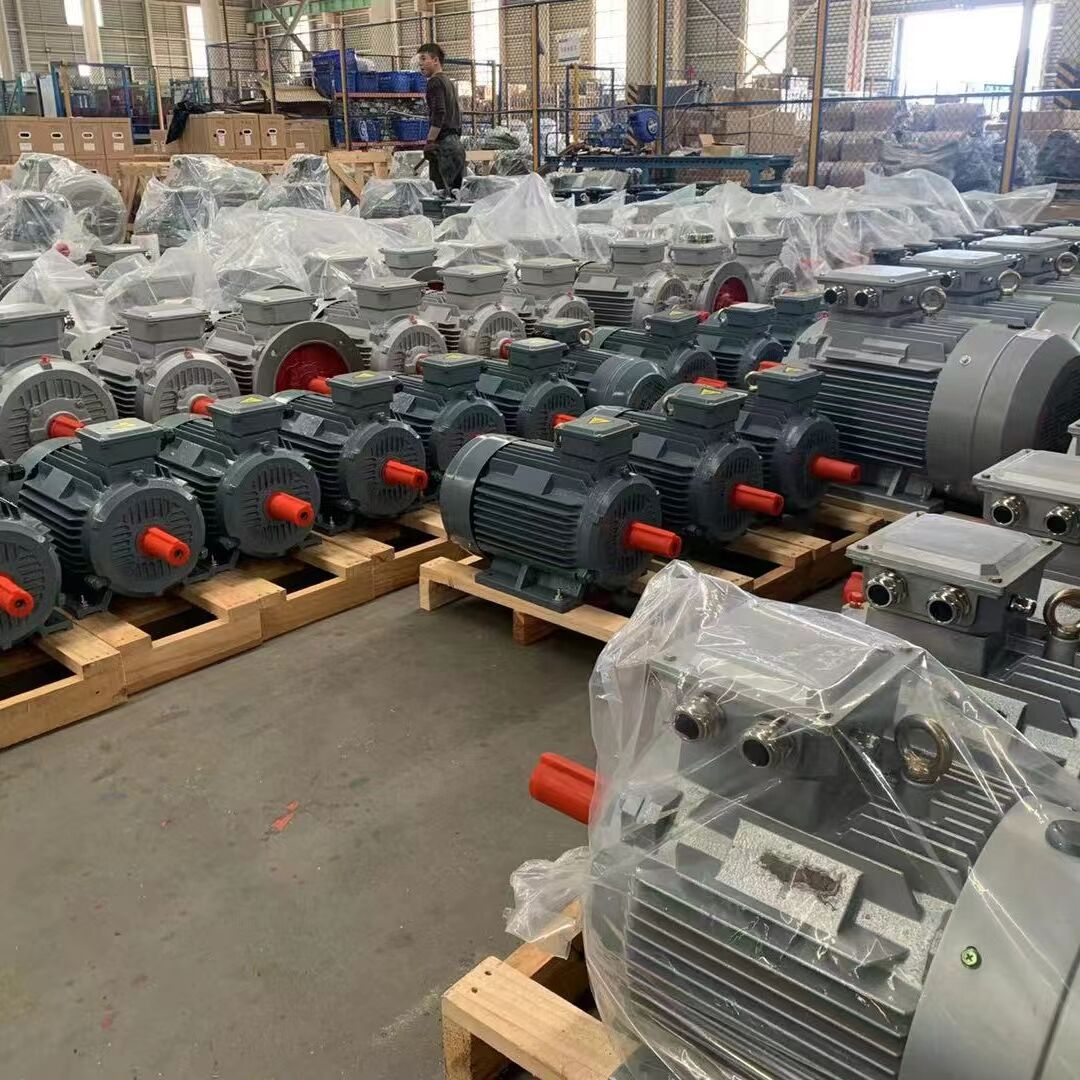servo
A servo is a sophisticated control system device that provides precise positioning and motion control in various applications. It consists of a motor, feedback mechanism, and control circuitry working together to achieve accurate movement and positioning. The system operates on a closed-loop principle, where the actual position is continuously compared with the desired position, making real-time adjustments to maintain accuracy. Modern servos incorporate advanced features such as digital signal processing, multiple control modes, and network connectivity capabilities. These devices excel in applications requiring precise motion control, from industrial robotics to consumer electronics. The servo's feedback mechanism typically utilizes encoders or resolvers to measure position, velocity, and sometimes torque, enabling dynamic response to changing conditions. They can operate in various modes including position, velocity, and torque control, making them versatile for different applications. The control system employs sophisticated algorithms to optimize performance parameters such as settling time, overshoot, and steady-state error. With technological advancements, servos now offer enhanced reliability, improved energy efficiency, and better integration capabilities with modern automation systems.



